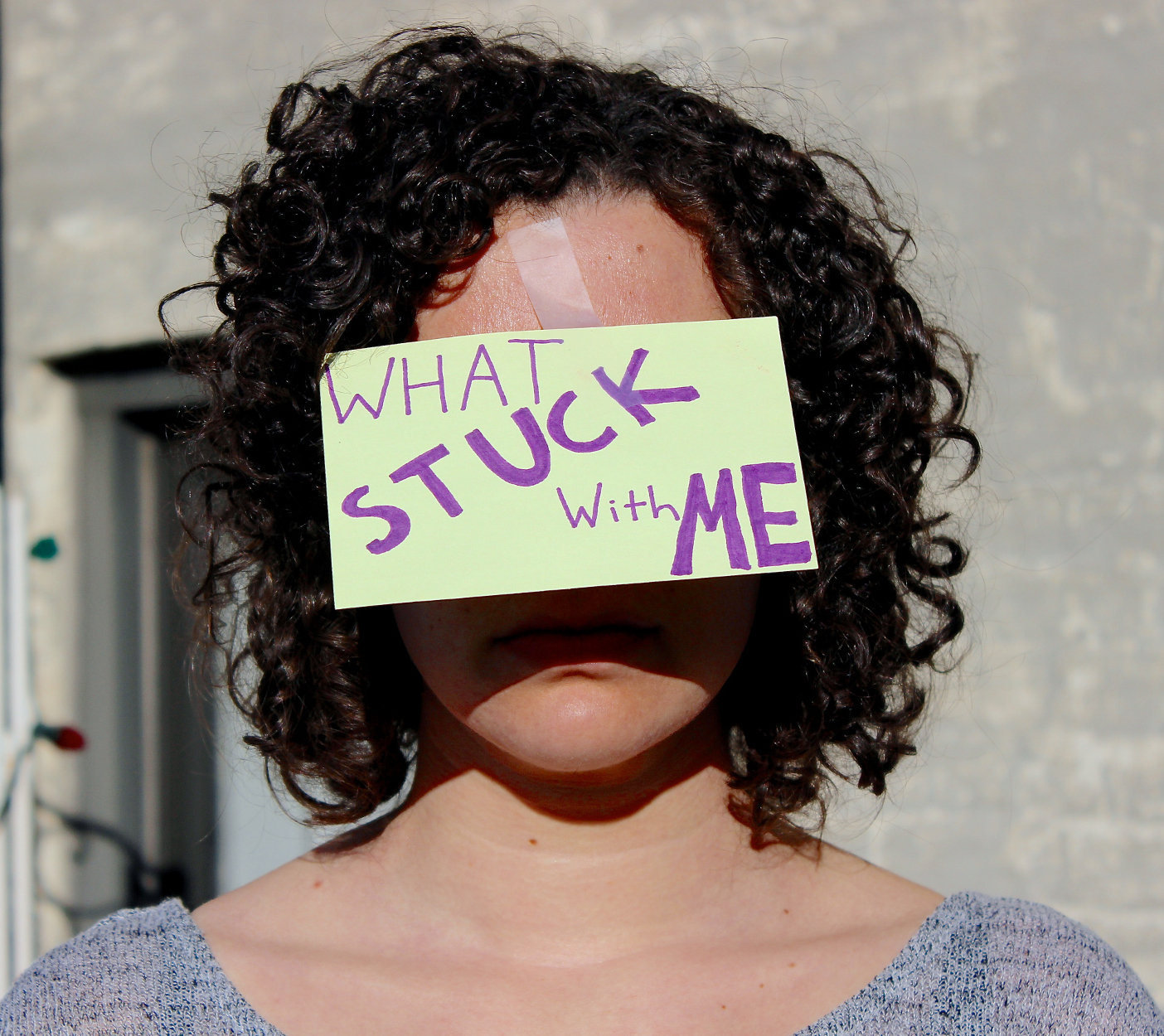"Why don't you start buying your own damn food?"
/In 2012, my daughter's father and I broke up after he cheated on me. This man had been my whole world, and when we broke up, I was not in a good place. I was barely eating, and was lucky if I was able to keep down a small snack. I lost 25 pounds in a month and was crying all the time.
I was living with my family, in a house with two hungry teenage boys. My dad came home from work one day, looked at me, and said, "I'm sick of you eating all the fucking food. Why don't you start buying your own damn food?"
That one sentence, revealing that he didn't care enough to notice that I was clearly not the one eating all the food (or any food), and that I was currently very broken, destroyed our relationship.
It took me four years after that to finally manage to let go of the toxic man I call my father. I may have cut him off, but his words have still stuck with me. They will always be a reminder that family is not always there.
